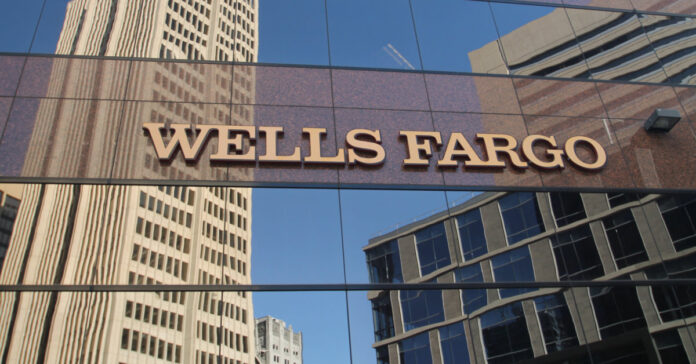Maybe you missed the headlines, but Wells Fargo has canceled all their personal lines of credit. If you don’t have a personal line of credit, you may think, “so what?” But here’s the question you have to answer: Is this a sign of the coming economic collapse or just business as usual?
What Happened
Before we answer that question, let’s look at the mechanics of a personal line of credit, which used to be known as a signature credit line.
Ralph is doing well financially. He makes $140,000 a year and has about that much tied up in the stock market, cryptocurrency, or some other investment vehicles. He opens a $30,000 line of credit so that he can make big purchases without having to sell any of his assets. That allows Ralph to write a check or transfer up to $30,000 from the credit account to his bank any times he wants.
Ralph goes shopping and sees a great bedroom furniture set for $8,000. He buys it using funds from his line of credit. Just like a credit card, Ralph must now pay that line down.
When Wells Fargo canceled Ralph’s personal line of credit, they prevented him from accessing the unused portion, meaning he can no longer access the additional $22,000 line of credit the bank had issued him. So if Ralph had paid down some of the $8,000 furniture and still owned the bank $5,500, he would have to keep making payments, but he could not write another check on those funds. And when he pays off the $5,500, the line disappears.
Ralph’s options are to sell some of his assets and keep a cash reserve on hand (earning 0.01 percent interest) or open a line of credit with another bank. He chooses the latter, because losing the unused $22,000 in his credit line caused his credit score to drop.
The Last Time this Happened
In the 2008 financial crises, several banks canceled theses lines of credit. Doing so is the equivalent of saying, “The economic situation has changed so much that the risk of our customers not being able to pay us back is so high that we will not lend them money any longer.” People can still apply for a loan, but not a revolving line of credit. And if you remember the last financial crisis, banks were going bust and most weren’t extending anyone credit.
I expect management at all the other big retail banks are asking each other “What does Wells Fargo know that we don’t?” They are holding meetings, scratching their heads, and trying to decide if they should do the same thing, or if they should take advantage of this opportunity to steal some Wells Fargo customers.
If other banks join Wells Fargo and cancel their credit lines, that would be a bad sign; it would imply that they agree something is wrong with the economy. It could also be deflationary because there would be less money available to be spent buying products. (Some of the canceled credit lines were $100,000.) This could force people to either buy less (bad for retail sales) or sell stocks to raise funds (which could cause the market to drop). Either of these would help make any problems in the economy worse.
The answer then is: If other banks join Wells Fargo in canceling personal lines of credit and reducing other credit to individuals and business, that could indeed be a sign of serious economic problems.
Wells Fargo’s Past Problems
Wells Fargo is not without a recent history of problems, and their decision to withdraw from the personal credit line market may be part of the fallout from that fake account issue. If that is the case, then other banks will not follow in their footsteps.
It is also possible that this is a change in strategy. They may turn their focus to larger business customers or to servicing wealthy investors instead of people like you, me, and Ralph. All I know is that when a bank passes on the chance to make money by charging fees and interest when they lend money, that’s unusual enough that you need to take a careful look at what is happening and why.







